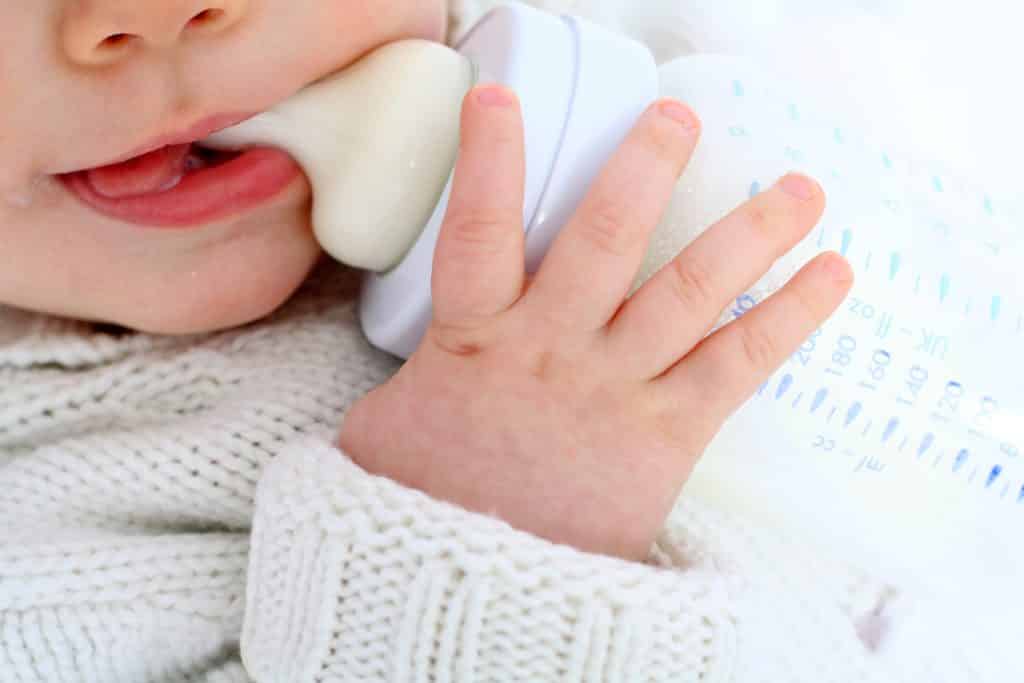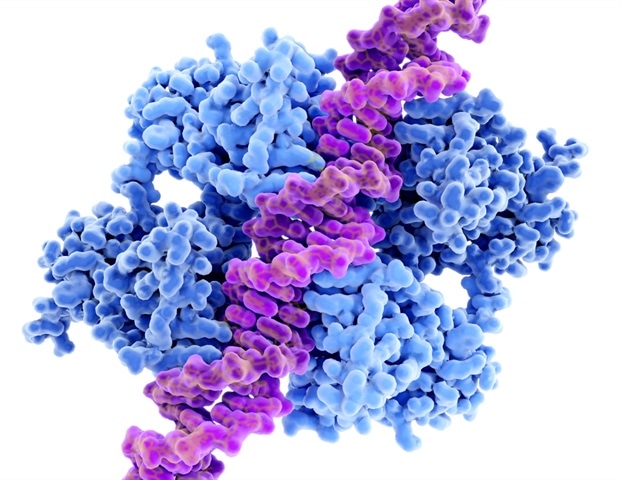
Deciding how you will feed your baby is a huge decision for new and expecting parents. Research shows that breastfeeding offers many benefits for both the baby and the mother, and it’s a wonderful choice for many. But while it is a favorable source of nutrition for little ones, in some circumstances, choosing not to breastfeed may be best for the mother and baby duo.2
For many new parents, whether to breastfeed is a personal choice. But for some, it can come down to safety for your baby. However, understanding if breastfeeding is suitable for you and your baby or identifying whether you have any contraindications can feel overwhelming. If you are unsure about this journey, contact your healthcare team to help determine if breastfeeding is recommended for you and your baby.1,2
Choosing Not To Breastfeed: Contraindications
Breastfeeding contraindications can arise for various reasons. Whether they are related to a medical concern, medication, or substance use, it is essential to work with your healthcare team to identify anything that could affect your little one by breastfeeding.
Breastfeeding is safe and still recommended despite many medical diagnoses. The American Academy of Pediatrics has identified some medical concerns contraindicated with breastfeeding. These contraindications include the following:2
- Infant diagnosis of galactosemia
- Specific maternal infectious disease diagnosis
- Maternal medication intake.
Galactosemia
If your baby is diagnosed with galactosemia, breastfeeding becomes unsafe for your baby.1,2,3,4 Galactosemia is a rare genetic metabolic disorder in which the body cannot digest galactose found in breast milk. Due to the inability to digest galactose, sugars build up in the body and can cause long-term complications if left untreated.5 Babies with galactosemia should avoid products with galactose and lactose and will need a special formula.4
An exception to this is a diagnosis of Duarte variant galactosemia. A study has shown it “is not associated with an increased risk of developmental abnormalities and does not benefit from dietary restrictions of galactose.” 1,2 This variant usually shows mild symptoms or no symptoms at all.4
Mother Diagnosed with an Infectious Disease
Although it is reported that it is rare to have a medical condition that would contraindicate breastfeeding, there are a few diagnoses where a mother would want to choose not to breastfeed her baby at all or until the condition is resolved.1,2,3 These identified diseases are of concern because of the possibility of passing the infection through breast milk or by contact with the infection.
The following are some infections to be aware of and consult with your healthcare team for guidance, as recommendations should be determined on a case-by-case basis:1,2,3
- HIV
- Human T-cell lymphotropic virus type 1 or type 2
- Ebola
- Herpetic lesions on the breast
- Hepatitis C with bleeding and cracked nipples
- Untreated brucellosis
- Untreated or active tuberculosis (but you may still express breastmilk for baby)
- Active varicella days before delivery or two days after delivery (but you may still express breastmilk for baby)
As research continuously evolves, you can reference the AAP and the Centers for Disease Control and Prevention for updated guidance.1
Mother’s Medications
You can take many safe medications while breastfeeding, but there are medications to avoid. Medication use while breastfeeding can be concerning because many medications pass to a baby through breast milk. This is why it is essential to check with your health care provider before taking a medication and ensure they know you are breastfeeding when prescribed a medication. However, while you can pass medications to your baby, many are not harmful or will not impact your baby. Providers can reference medication safety with breastfeeding by researching the LactMed database online.1,2,3
Substance Use Contraindications
Illicit substance use when breastfeeding can impact an infant’s neurobehavioral development. The AAP reports that substances such as cocaine, PCP, and illegal opioids are contraindicated.2 When it comes to marijuana use and breastfeeding, there is a lack of research, so the AAP does discourage it during breastfeeding. Current guidance from the AAP for breastfeeding and alcohol use states that having up to one standard drink of alcohol a day doesn’t harm the baby. The AAP also recommends the mother wait to feed for two hours after alcohol consumption. The AAP does not recommend additional daily alcohol consumption, mainly because breastmilk alcohol levels closely mimic blood alcohol levels.2
Even if you are a mom with no breastfeeding contraindications, breastfeeding is a personal decision. You must find what feeding method works best for you and your baby. The newborn stage is beautiful and emotional, so add in breastfeeding, and it can feel overwhelming.
Breastfeeding has its hurdles, such as low milk supply, mastitis, and sore nipples. This is quite a mental and physical load to carry. With the support of your medical team, you can resolve many of these breastfeeding barriers. If breastfeeding becomes too stressful, you may choose not to breastfeed; instead, it may be best for you and your baby to try bottle feeding. You know yourself and your baby best, so do what works for you.

 PARENTING TIPS
PARENTING TIPS PREGNANCY
PREGNANCY BABY CARE
BABY CARE TODDLERS
TODDLERS TEENS
TEENS HEALTH CARE
HEALTH CARE ACTIVITIES & CRAFTS
ACTIVITIES & CRAFTS


